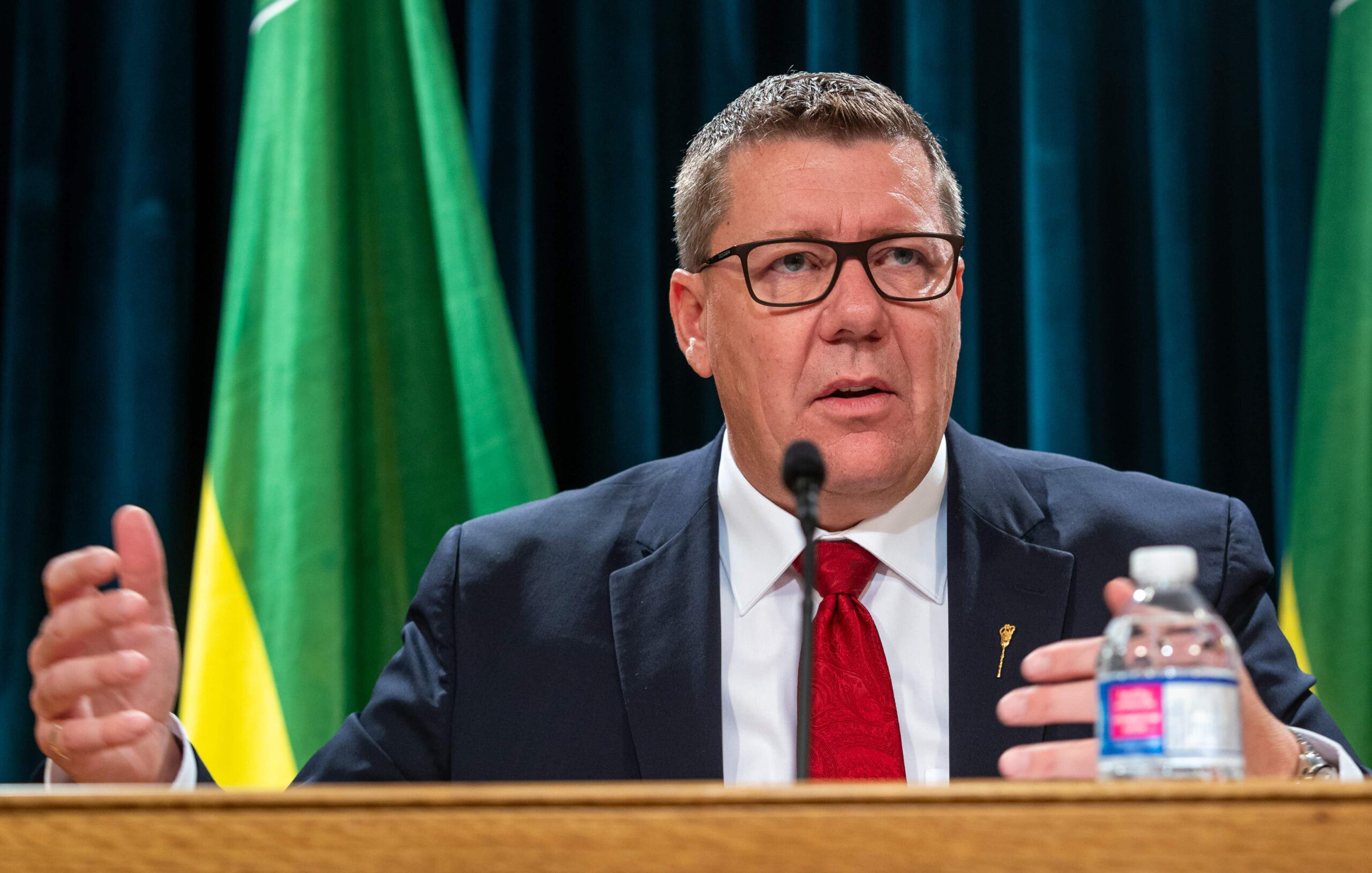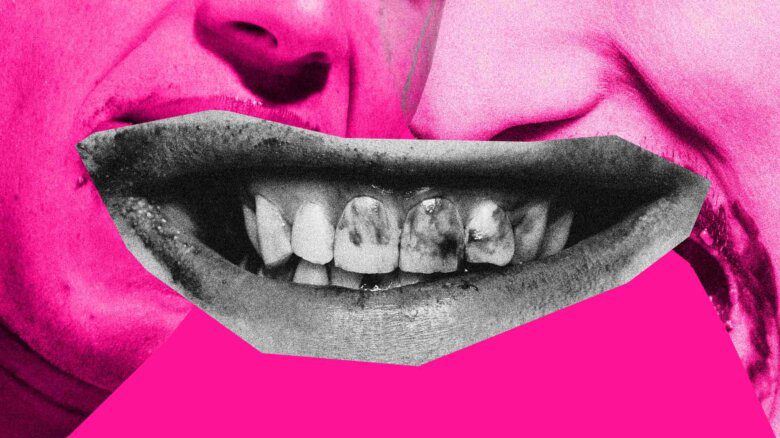As part of his legislative attack on LGBTQ2S+ students in Saskatchewan, Premier Scott Moe also put through rules that prevent third-party groups from doing sexual education in schools. The move is motivated both by the moral panic around “parental rights,” but also an incident where Planned Parenthood educators had mistakenly brought “ABC sex cards” as part of the materials they used in their presentation (but were not used in the presentation), which the school board deemed to be inappropriate. While it may not be as direct as pronoun policies, eliminating these resources from students is another attack on queer and trans students.
One of the reasons why schools use third-party groups like Planned Parenthood or the Saskatoon Sexual Assault & Information Centre to do sex-ed is because teachers often feel uncomfortable with the material and having to present it to students whom they see every day, and who may try to get a rise out of them through their questions. Third-party groups are not only often more knowledgeable than teachers (seriously, would you want your gym teacher giving you that lecture?), but they take the pressure off of classroom teachers, and can create space for dialogue that students wouldn’t feel comfortable having with those same teachers whom they see every day. But in banning those groups, and legislating more opt-out options for parents to pull their kids from school on days when any sex-ed is happening, it not only disadvantages straight kids who may not learn necessary skills, like consent, from their parents, it’s creating a huge disadvantage for queer and/or trans kids who are already largely not well served by existing sex-ed curriculums. They certainly won’t be getting anything they need to know about from parents who are too squeamish to let their children have any discussions around sex and sexual health at school.
So where will most of these kids turn? The internet, of course, and that will generally have poor outcomes, especially for those who take the wrong lessons from the porn they are likely to find there through searches. And then, there’s the reality that this internet access is also under threat thanks to a Senate Public Bill, S-210, which aims to force internet service providers to have age-verification technology in place to prevent minors from viewing explicit content. (In the previous Parliament, the bill was numbered S-203.) The bill, which has passed the Senate and is now awaiting debate in the House of Commons, is a privacy nightmare. Those ISPs would not only need to be determining what is and is not explicit in order to require said verification, they would likely be required to rely on third parties for age verification. That could mean tools like facial age estimation (which is different from facial recognition because it doesn’t compare against a database) that is ripe for abuse with companies improperly storing images or identity information, not to mention that this is one more surrender into surveillance culture. Or it could mean needing to get some kind of pass from a third party that can verify one’s age, leaving the potential for that personal information to be collected improperly.
Even more concerning is the fact that the provisions of this bill were added to the Online Streaming Act when it was being studied in the Senate this past spring. They were later rejected by the government because they were outside of the scope of the legislation, but not because they disagreed with the intent of those provisions. This means that when the S-210 does come before the Commons in the next few months—it is being sponsored by Conservative MP Karen Vecchio with the support of MP Arnold Viersen, who has tried to have “violent” porn declared a public health crisis—it may get government support. Everyone seems to agree with the overall objective of protecting children and youth from exposure to this kind of explicit material, even if this bill is as deeply flawed as it is.
Why this is especially pertinent to queer and trans youth is because the internet can be one of the few resources they have, and far too often, any kind of LGBTQ2S+ materials are deemed to be “adult,” particularly by companies who don’t want to be harassed by homophobic or transphobic groups who claim to merely be concerned parents. That means that a lot of innocuous materials are going to be age-gated, regardless of whether that’s the intention of the legislation or not, because it’s being turned over to the ISPs themselves to enforce under harsh penalties. You can guarantee that they are going to be overly cautious as to what constitutes “explicit” or “adult” material, which will catch a great deal of queer and trans materials by the very virtue of their existence.
What is all the more ironic in this situation is that if there was a real concern about keeping youth from the harm of explicit materials, the best way to do that is with frank and comprehensive sexual education that can contextualize that kind of material, and provide avenues of discussion about what it means and why the images being depicted are not reflective of reality. But that’s exactly the kind of education that is under attack in provinces like Saskatchewan. It all comes full circle.
Ultimately, a lot of these attacks on sex-ed are grounded in this fear that somehow, learning that queer or trans people exist will indoctrinate children into becoming queer or trans themselves. It denies that children and youth are already queer or trans and are searching for resources or even just language for how to come to terms with their own identities, even before they get to the stage of changing pronouns or socially transitioning to express those identities or see if they fit. It’s an attack that is not only more subtle, but more insidious, because it robs agency from those who are still trying to claim it, all done in the name of “parental rights” as though the rights of those children and youth don’t exist.


 Why you can trust Xtra
Why you can trust Xtra
